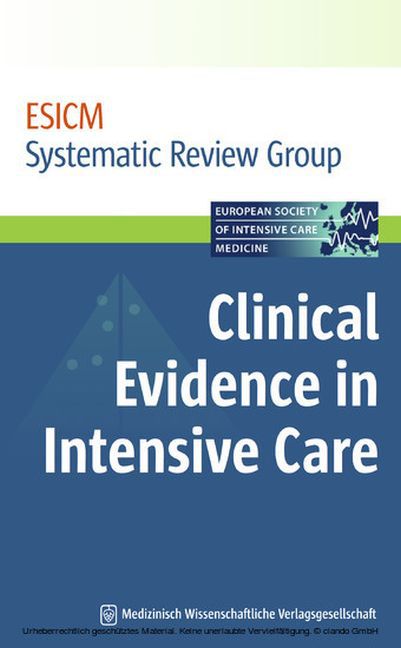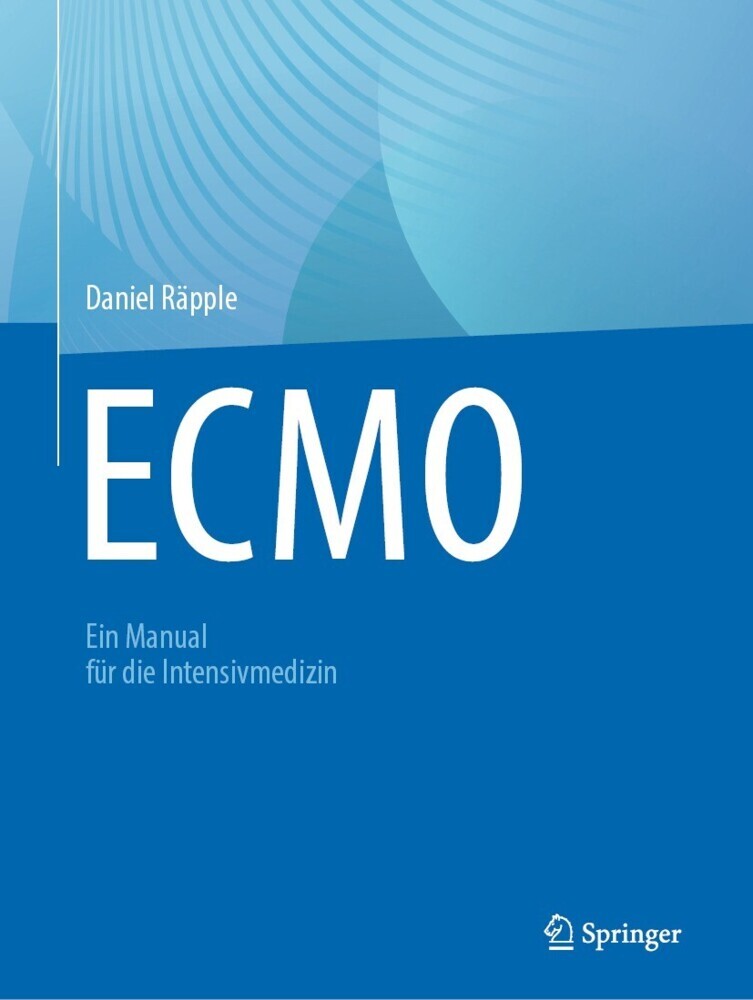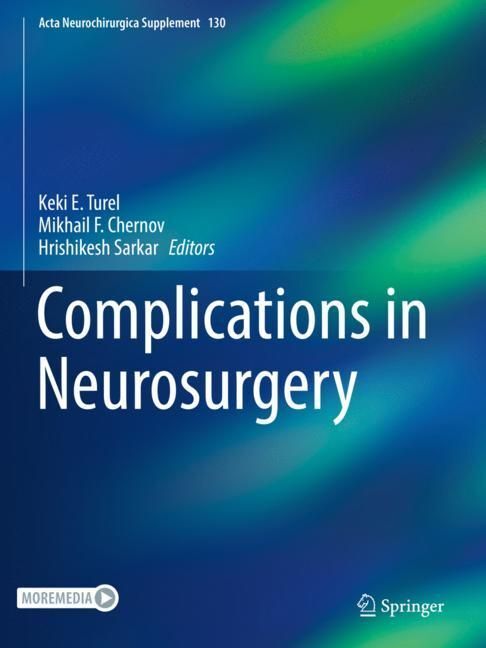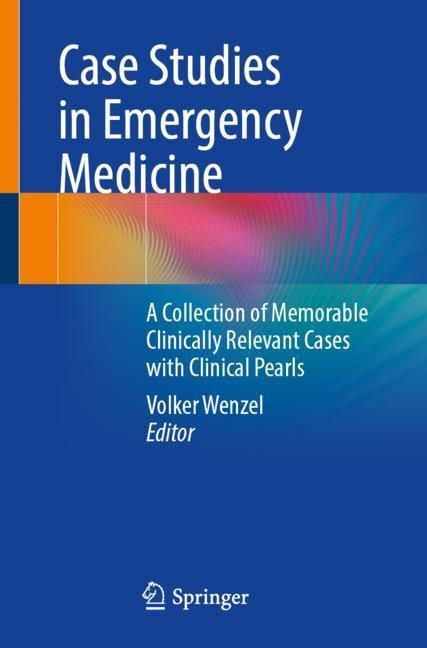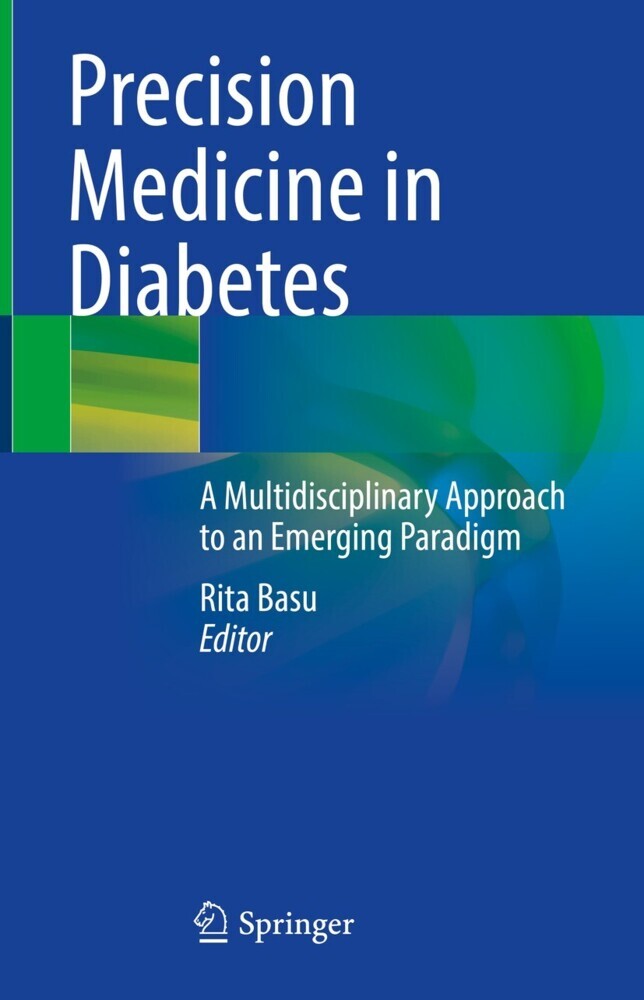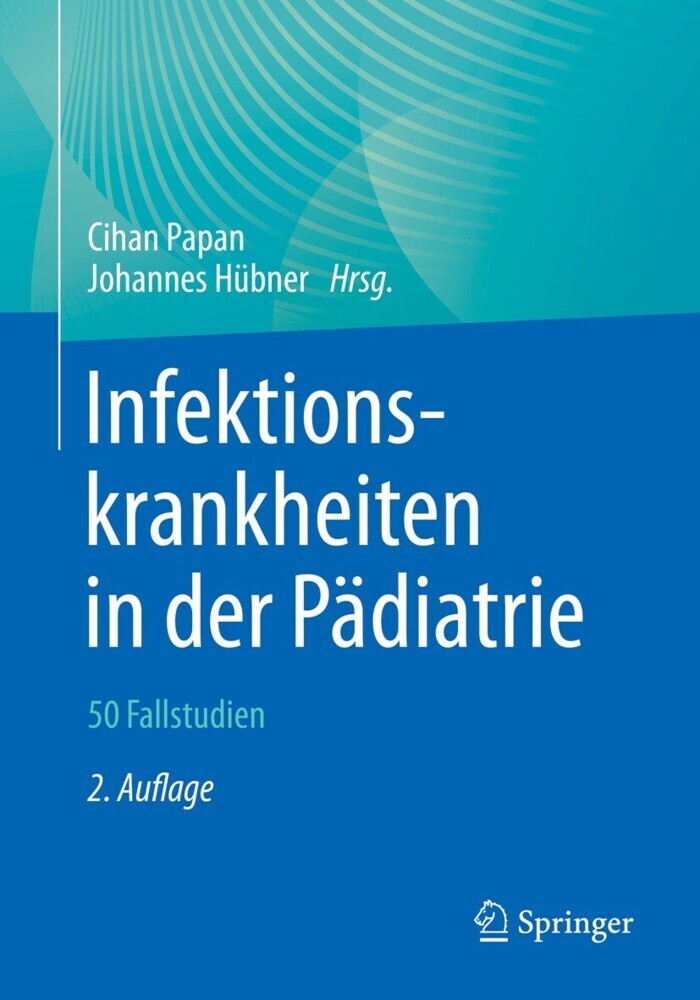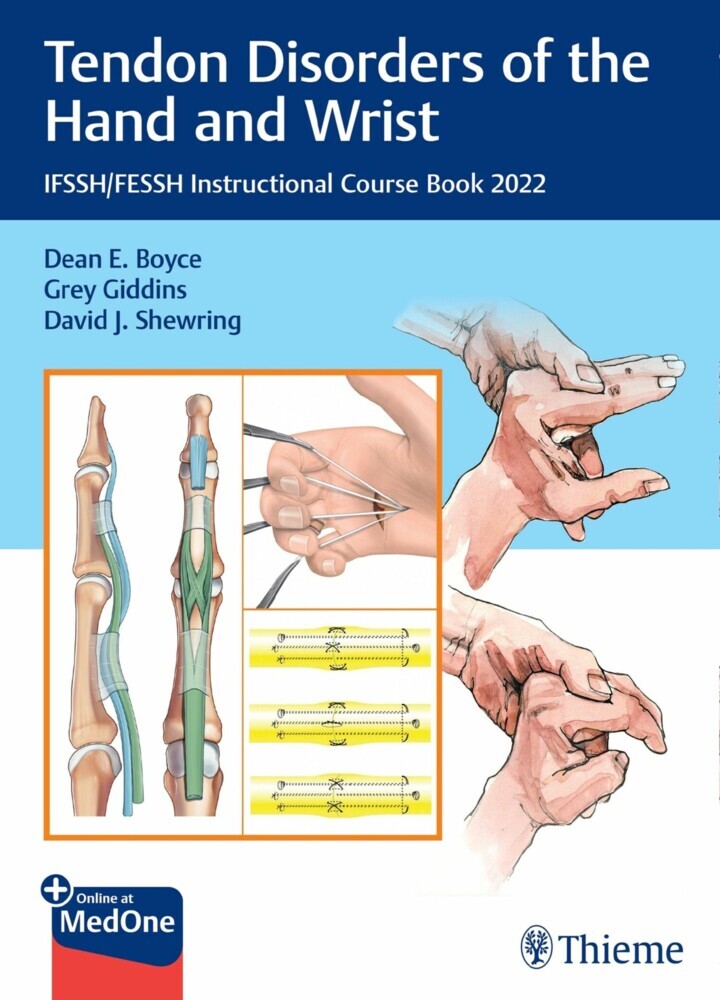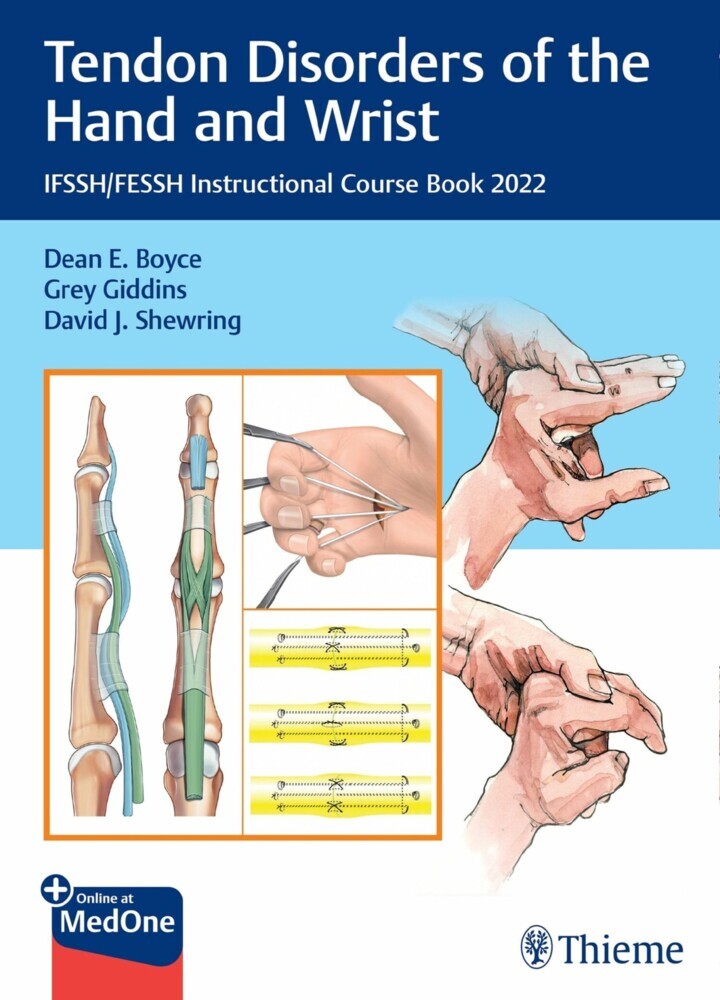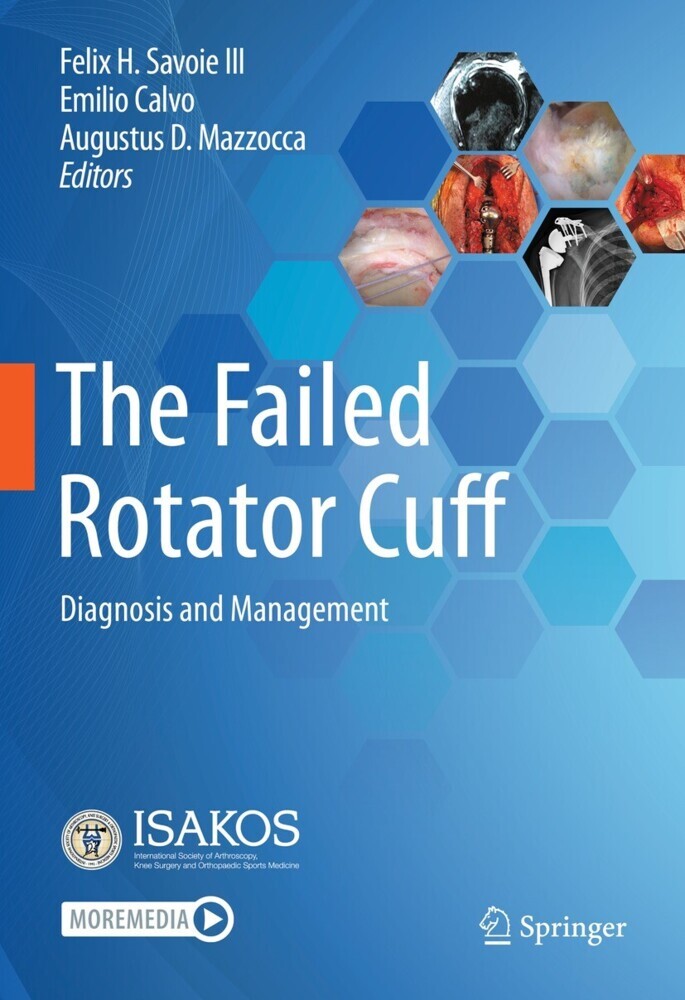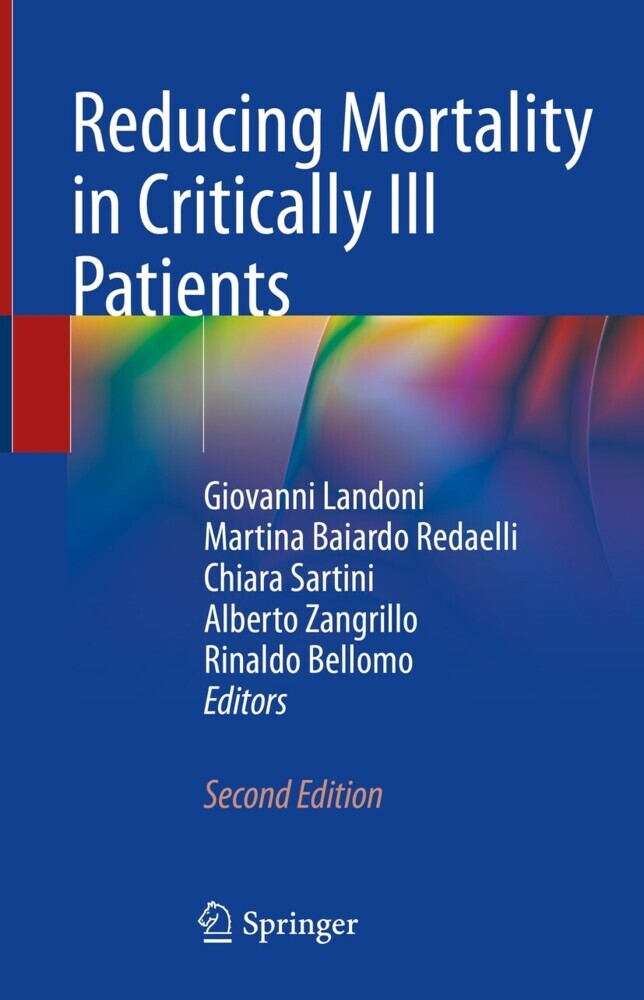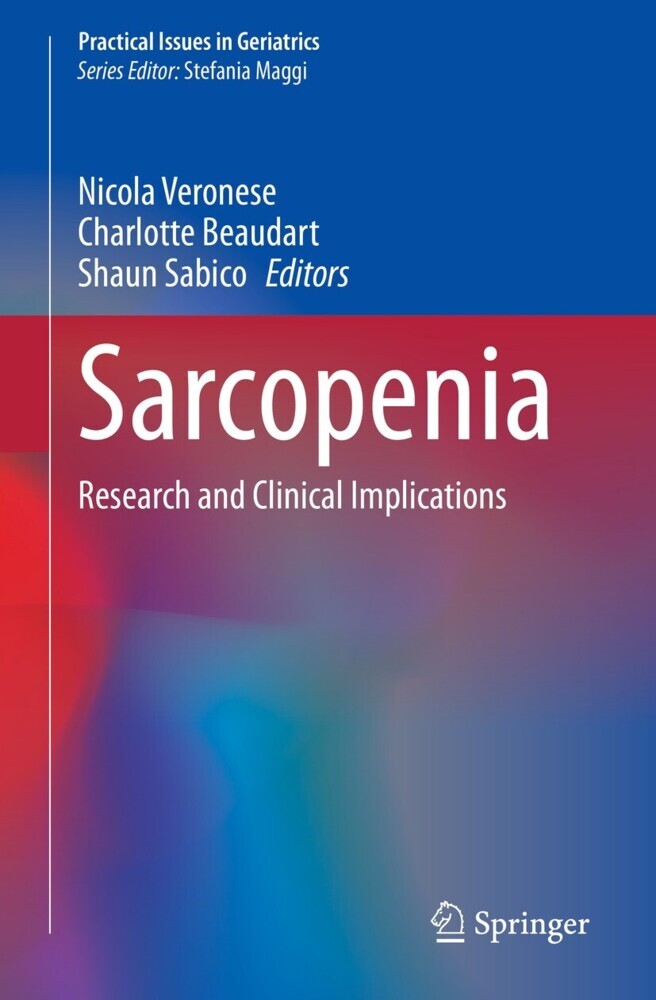Clinical Evidence in Intensive Care
The Systematic Review Group (SRG) is a new division of the research department of European Society of Intensive Care Medicine (ESICM). The aims of the SRG are to promote evidence based medicine in critical care, to enhance the role of systematic reviews and meta-analyses in everyday practice and to facilitate access to such evidence for clinicians. It has been estimated that a health care professional would need to read 17-20 original articles every day in order to keep up-to-date in their field. Thus the role of systematic reviews in gathering the evidence, informing guidelines and helping professionals keep abreast of their field has been increasingly recognised. The ESICM Clinical Evidence in Intensive Care handbook was compiled with this in mind. 60 systematic reviews on topics directly relevant to critical care were selected. Most of the reviews are of high quality and published since 2009. Indeed, it is thought that a systematic review remains accurate for 2 years on average, and therefore has to be updated at the very least every other year. For each of these SRs, we have provided the readers with a summary highlighting the context of the review, its main findings, review authors' conclusions, problems and limitations, and advantages. In addition, we analysed the methodological quality of the systematic review on 11 items based on the AMSTAR (assessment of multiple systematic reviews) tool. For the majority of the systematic reviews, a forest plot of the primary or other relevant outcomes is included. Most of the reviews also have commentaries from experts in the field highlighting the validity and robustness of the data, whether or not they should translate into changes in routine practice, and what should be the next steps for research. Where relevant, additional information has been provided such as: details of recently completed trials or further references.
1;Cover;1 2;Overview;2 3;Contents;6 4;Part I;10 4.1;Foreword;12 4.2;Acknowledgments;13 4.3;Index of abbreviations;15 4.4;Statistics glossary;17 5;Part II;20 5.1;How to use this handbook;22 6;Part III;30 6.1;1 Acute kidney injury (AKI);32 6.1.1;Atrial natriuretic peptide;33 6.1.2;Hydroxyethyl starch (1);37 6.1.3;Hydroxyethyl starch (2);43 6.1.4;Sodium bicarbonate ;48 6.1.5;AKI in cardiac surgery;54 6.2;2 Acute respiratory failure (ARF) - Acute respiratory distress syndrome (ARDS);58 6.2.1;Higher versus lower PEEP ;59 6.2.2;Recruitment manoeuvres;63 6.2.3;Inhaled nitric oxide;68 6.2.4;Aerosolized prostacyclin;72 6.2.5;Pharmacological therapies for ARDS;75 6.2.6;Corticosteroids in ARDS;79 6.2.7;ECMO;83 6.3;3 Acute respiratory failure - Non-ARDS;86 6.3.1;Corticosteroids for pneumonia;87 6.3.2;Corticosteroids to prevent and treat post extubation stridor;93 6.3.3;Corticosteroids to prevent extubation failure ;99 6.3.4;Protocolized versus non-protocolized weaning ;104 6.3.5;NPPV for weaning ;111 6.3.6;Heated humidification versus HME;117 6.3.7;Pleural effusions drainage;122 6.4;4 Cardiovascular dynamics;128 6.4.1;Atrial fibrillation;129 6.4.2;Therapeutic hypothermia;133 6.4.3;Vasopressin for vasodilatory shock;138 6.4.4;Pre-emptive haemodynamic intervention;143 6.5;5 Ethics ;150 6.5.1;Organ donation;151 6.6;6 General;156 6.6.1;Stress ulcer prophylaxis ;157 6.6.2;Critical illness polyneuropathy and polymyopathy;163 6.6.3;Thromboprophylaxis;168 6.6.4;Music therapy;172 6.7;7 Health technology;180 6.7.1;Chest radiography;181 6.7.2;Oesophageal doppler monitoring;186 6.7.3;Computerised decision support systems;194 6.8;8 Infection;198 6.8.1;Peripheral venous catheters;199 6.8.2;Procalcitonin;203 6.8.3;Continuous beta-lactam antibiotics ;208 6.8.4;Ventilator-associated pneumonia;212 6.8.5;Selective decontamination of the digestive tract;216 6.8.6;Antibiotic prophylaxis for pancreatic necrosis;220 6.9;9 Neuro-intensive care;224 6.9.1;Haemostatic drugs for TBI;225 6.9.2;Routine ICP monitoring;228 6.9.3;Cooling post stroke;231 6.10;10 Nutrition and metabolism;236 6.10.1;Early enteral nutrition;237 6.10.2;Nutrition in pancreatitis;241 6.10.3;Enteral versus parenteral nutrition in pancreatitis ;245 6.10.4;Glucose-insulin-potassium infusion;252 6.11;11 Outcomes;256 6.11.1;Off-hours admission and mortality;257 6.11.2;Risk of readmission to ICU;261 6.11.3;Quality of life after ICU;265 6.11.4;Long-term mortality after ICU;270 6.11.5;Health insurance in the USA;274 6.12;12 Paediatric intensive care;280 6.12.1;Continuous negative extrathoracic pressure ;281 6.12.2;Heliox for croup;284 6.12.3;Bacterial meningitis;287 6.12.4;Nutritional support for critically ill children;292 6.12.5;Other relevant reviews;294 6.13;13 Sepsis;296 6.13.1;Early versus late broad spectrum antibiotics;297 6.13.2;Combination antibiotics;299 6.13.3;De-escalation of antibiotics;304 6.13.4;Albumin for fluid resuscitation;307 6.13.5;Corticosteroids for severe sepsis & septic shock;312 6.13.6;Granulocyte & granulocyte-macrophage colony stimulating factor;321 6.14;14 Trauma and emergency medicine;326 6.14.1;Chest-compression-only CPR for out of hospital arrest;327 7;Part IV;332 7.1;Appendix A: Review titles;334 7.2;Appendix B: Corresponding authors;337 7.3;Appendix C: The experts;343 7.4;Appendix D: The Systematic Review Group Board;346 7.5;Appendix E: Additional references from the text;348
Group, ESICM Systematic Review
Group, ESICM Systematic Review
| ISBN | 9783954661930 |
|---|---|
| Artikelnummer | 9783954661930 |
| Medientyp | E-Book - PDF |
| Copyrightjahr | 2015 |
| Verlag | MWV Medizinisch Wissenschaftliche Verlagsgesellschaft |
| Umfang | 350 Seiten |
| Sprache | Englisch |
| Kopierschutz | Digitales Wasserzeichen |

